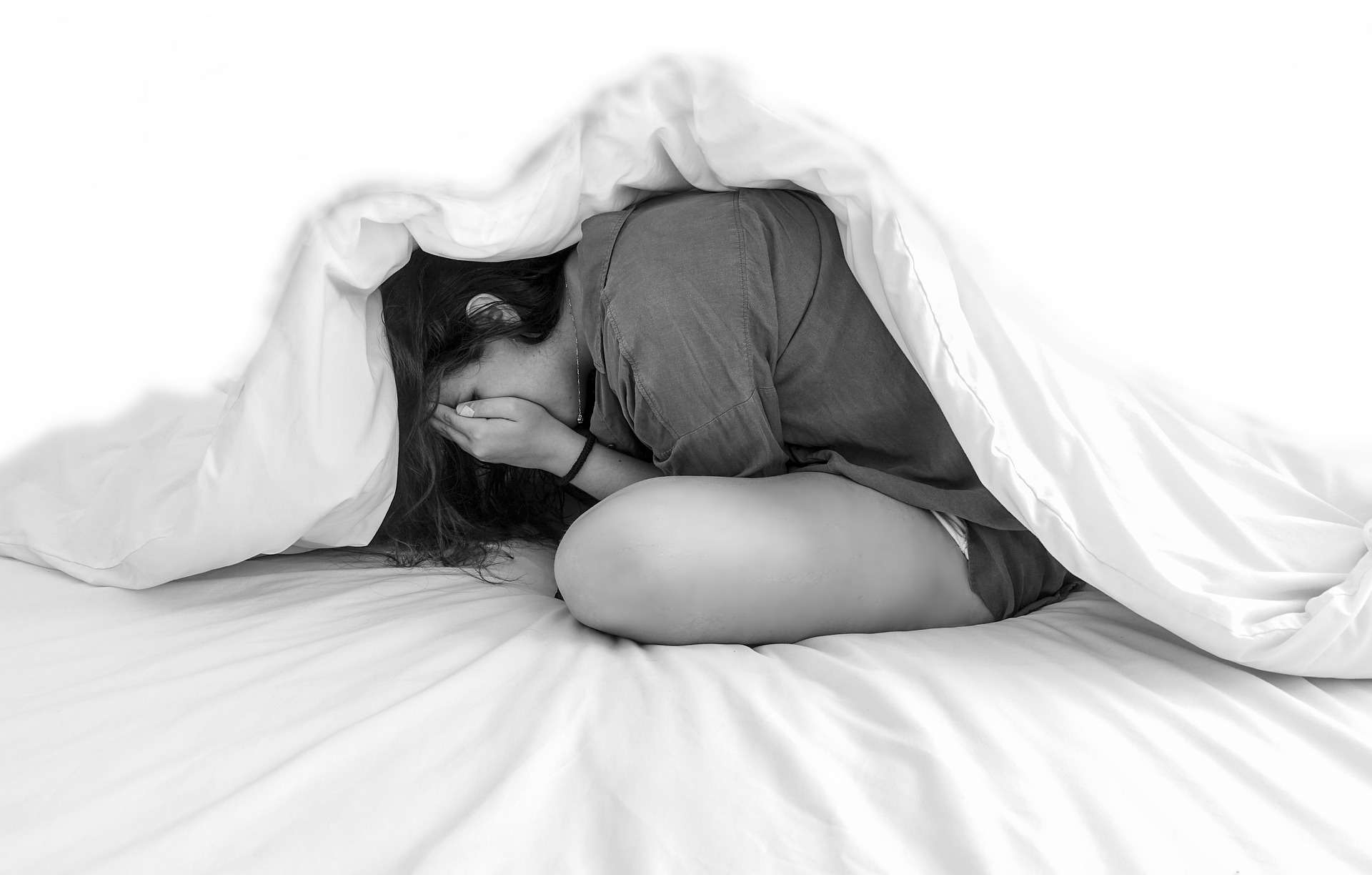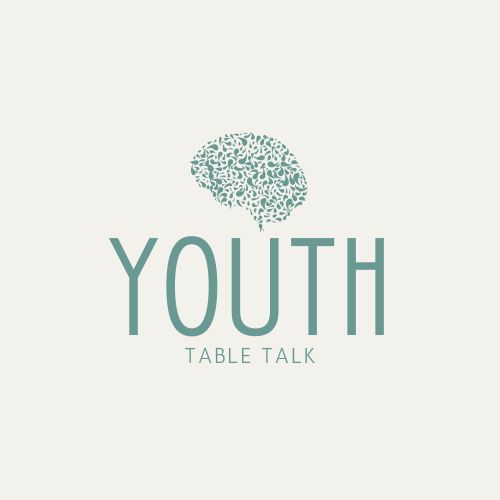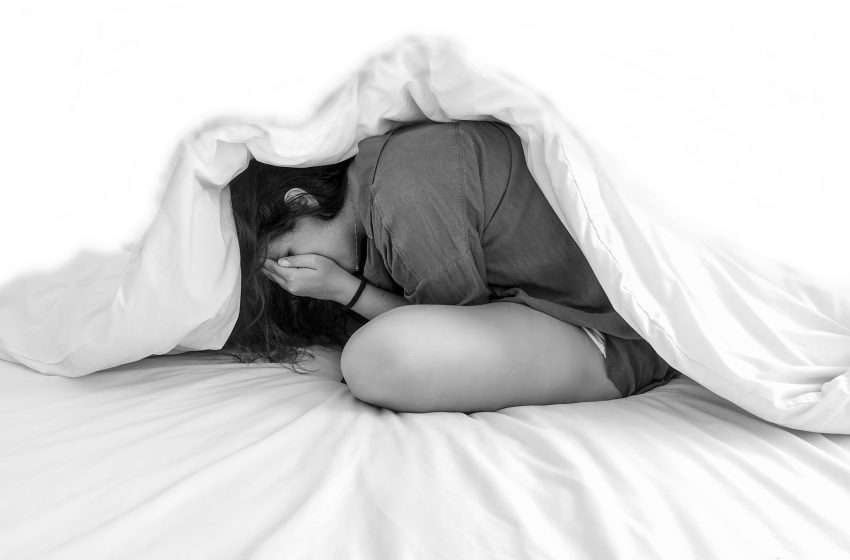What Is Anxiety?
The majority of people fail to differentiate whether anxiety is an emotion or a symptom. It is an emotion that almost everyone experiences at some point and time in life. It is our body’s response mechanism to a challenging situation that prepares us to face it. Sometimes anxiety makes us alert and motivated to face the situation. However, that is not the case every time with everyone. Different people experience anxiety differently, but a few common signs and symptoms are:
● Racing heart
● Rapid breathing
● Muscle aches and tension (especially head, neck, and back)
● Shivering and shaking
● Excessive sweating
● Feeling dizzy or nauseated
● A feeling of stomach sickness
● Poor attention span
● Difficulty in sleeping
● Feeling irritable and restless
But not everyone who experiences anxiety is suffering from General Anxiety Disorder. So when do we label a person having an anxiety disorder? Is there an anxiety test?
According to DSM-5 (Diagnostic and Statistical Manual of Mental Disorders, 5th edition), the clinical professionals look at the following criteria to diagnose a person with Generalized Anxiety Disorder:
- Excessive worrying about every event, incident, or topic lasting for no less than six months.
- The worry becomes extremely hard to control.
- The anxiety or worry is accompanied by at least three of the signs mentioned above and symptoms.
It can cause a person to quarrel with themselves behind closed doors. Wild, irrational thoughts, low self-esteem, and negative energy can make a person with this disorder behave very differently than normal individuals. It can be very infuriating when you become a target of such behavior but just for once place your foot in their shoe and then imagine how you would feel and behave if you were suffering from this disorder. Only then will you be able to justify the way they feel and behave. Anxiety and aggression are closely related to each other. People mistake their anxiety with rudeness, and therefore, they, in turn, get more rude and aggressive with an anxious person. So let’s talk about a few consequences of anxiety that people mistake with rudeness.
Patient of Anxiety avoids eye contact
Several pieces of research have been conducted on this topic and participants of those researches have stated that a person suffering from an anxiety disorder tends to avoid making eye contact while talking or listening to someone when their anxiety becomes intolerable. Some people try to avoid a social gathering altogether while other people prefer to stay off the spotlight when they are conversing in a group.
Anxiety Patient involves in Continuous chit-chatting
It’s quite weird though, but silence can be unbearable for some anxious people so to overcome that they keep talking continuously. People interpret such individuals as rude, self-obsessed, and selfish. Their comments can be spontaneous, and odd while the content of their conversation can be irrelevant to what is being discussed.

Anxiety Patient Leaves the gatherings before time
You are very fortunate if your anxious friend has decided to join you in a social gathering. This sort of situation is very paralyzing for them, yet they choose to show up at an event as a blessing. However, sometimes they can catch you off guard and say something like “My friend called me in an emergency so I will have to leave” or “I am sorry but I need to leave before time because I have got a problem at home” etc. These endless excuses can be a result of underlying anxiety but it makes the other person feel as if their friend is antisocial and rude.
Brief responses
Other participants of the research said that people with anxiety when faced with a conversation, will reply with brief answers, so people think of them as rude, but that is their “defense mechanism”. When their anxiety is at its peak, they feel incredibly vulnerable and uncomfortable, so the conversation frightens them as a result of which they avoid prolonging the conversation. This behavior makes other people highly offensive and annoyed.
Blushing
Blushing or turning red may appear funny, but blushing during an interaction when you are not romantically interested in someone, can be problematic for people suffering from an anxiety disorder. This can happen spontaneously or during any intense moments such as a presentation, work meeting, or while arguing with someone. People tend to create false assumptions about that person of being arrogant, egoistic, or defensive.
Anxiety Patient Doesn’t respond to text messages or phone calls
It is one of the things people with anxiety do. They avoid responding to your phone calls or messages when their anxiety becomes unbearable, which makes you question whether they are ignoring you or don’t want to keep any ties with you. But that is not the truth. If you are aware of their anxious behavior, you will also know that they don’t want to break friendship with you, but their anxiety symptoms hold them back. If they continue to respond to you while experiencing it, their symptoms can worsen and harm their health.
They often cancel the plans
Have you ever met someone and enjoyed their company? So you asked them for a cup of coffee or a dinner date? However, they either straightway refused, made an excuse, canceled the plan very last minute, or they didn’t show up? They likely started experiencing terrible anxiety symptoms that caused them to cancel the plan rudely, which they made themselves.
Stiff or an awkward body posture
Nothing can be ruder than a person whose body language makes them appear uninterested in your conversation. Sadly, this is the case with anxious people. They tend to have a very rigid posture, turned in an opposite direction, appearing side-tracked from your topic of discussion. However, deep down they are like “I am not rude, I am anxious”.
Do you want solutions for your social and psychological problems?
Then Subscribe to our newsletter

